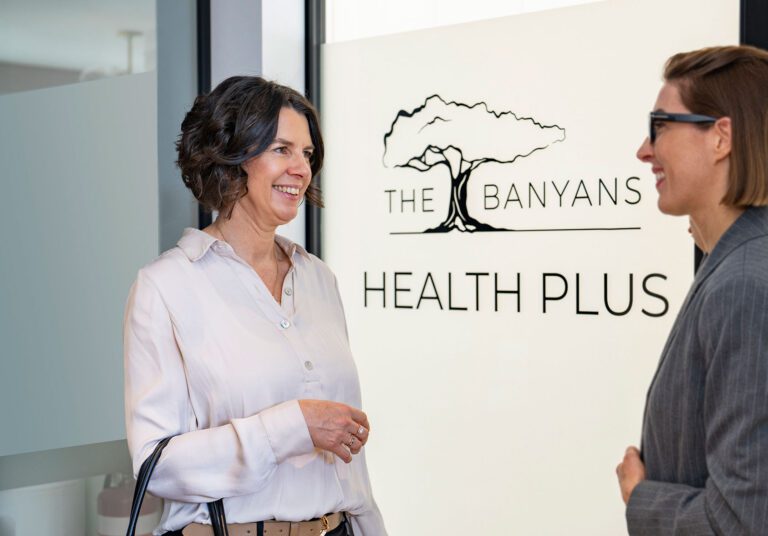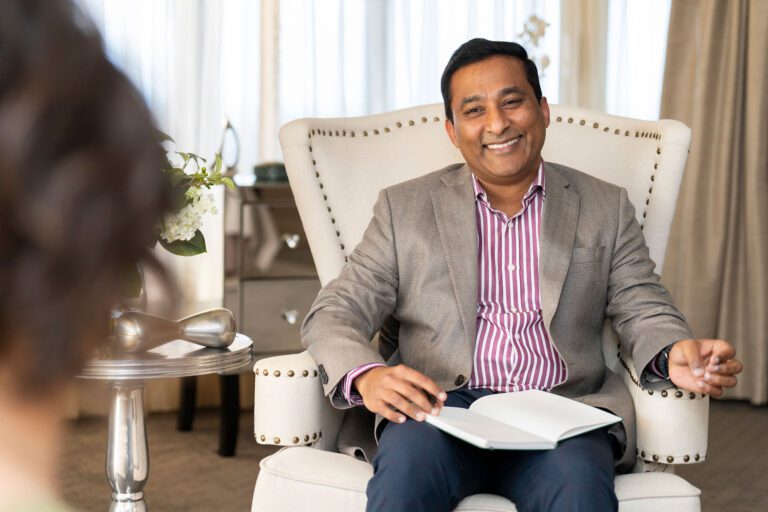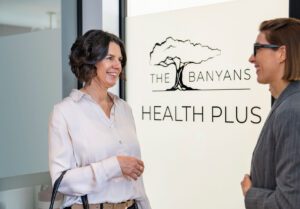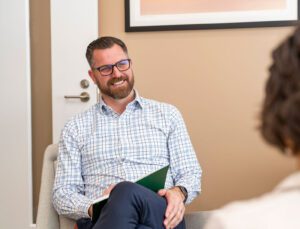
For many people across the world, heralding in the New Year signals the perfect time to overhaul your unhealthy habits and start afresh. However, this time of the year can cause a lot of disappointment and self-shame for people who continuously struggle to put their New Year’s resolutions into motion1.
While the Christmas season can be a time of joy and peace, for many people it can also highlight the painful or destructive aspects of our lifestyle that we would like to change. This may be especially pertinent on Boxing Day, when the consequences of alcohol or drug use or addiction is felt both physically and psychologically. When New Year’s Eve rolls around, we convince ourselves that the New Year brings a fresh start, and we can transform our lives. However, despite our best intentions on December 31st, a study2 found that around 88% of people committed to new year’s resolutions have given up by February, and only 8% of people achieve their New Year goals at all.
Industry experts say that the first step to keeping your New Year’s resolution is making one. Each person has to decide for themselves what change or new habit is really a priority to better their lives. It is important that people can see beyond the destructive effects of the issue, and forward to the long-term benefits of recovery.
Those who experienced long-term achievement of their New Year’s resolutions had set plans, asking themselves what are some of the things that they actually have to do action wise to ensure that change is actually going to come about? There has to be a plan of action to achieve your goals.
A recent study revealed that the most common New Year’s resolutions are improved nutrition, weight loss, and exercise, respectively accounting for approximately between 33-39% of all resolutions made.
With food usually being a central component of the Christmas festivities, you are certainly not alone if this time has made you acutely aware of your widening waistline or unhealthy eating habits.
The Banyan’s personal trainers, are well aware of the relationship between benefits of physical exercise and lifestyle transformation, educating guests on the importance of understanding our personal ‘why’ for making a lifestyle change, and the importance of being radically honest with ourselves during the process.
To maintain motivation over an extended length of time – and hence implement a long-lasting lifestyle change – we must be able to reach short, clear milestones that track us closer to our eventual goals. These may look like either thirty, sixty or nighty days targets, which should also be specific.
The desire for rapid results often ends in a loss faith for the individual, who quickly gives up because their health and wellness goals simply feel too far out of reach. Similarly, when it comes to our health and wellbeing, and getting results, we can become short sighted and jump erratically from idea to idea.
Research on habit formation emerging from the University College London3 supports the long road to lasting success, reporting that overturning a habit can take anywhere from 18 to 254 days, depending on the individual.
At The Banyans, we believe that everyone has the power to make the changes they need to succeed – with commitment and persistence, we can transform lifestyles and develop healthy habits that when culminated lead to optimum wellbeing.
When it comes to addictive habits, relapse is a known part of recovery, with people suffering with disordered eating, or drugs or alcohol dependancy often abandoning their efforts towards recovery because they make one mistake and give up. It can often require three or four serious attempts before they reach a goal.
The Banyan’s team of industry-leading mental health professionals understand the essential role that both support and encouragement play in achieving a goal. Often this support can come from a spouse, close friend, or therapist. At the same time, people can use lack of support as an excuse to give up.
Senior psychologist at The Banyans, Peter Hayton, reminds us to avoid a “one size fits all mentality”, because “the way you approach your recovery journey is unique to your personality, your experiences and your position in life.” He emphasises the need to use strategies that are going to work for you.
Peter says that many people feel like they are not able to manage the important changes in their lives on their own, especially when it comes to overcoming addiction, depression or anxiety. “The personalized, comprehensive program at The Banyans Health and Wellness Centre can provide the support and encouragement you require to achieve lasting success.”
The Banyans is a private, healthcare residence that provides medical support and rehabilitation for people experiencing substance abuse, chronic pain, anxiety, depression, disordered eating, gambling addictions, burnout, chronic stress, trauma and PTSD. Call 1300 226 926 for a non-obligatory, confidential discussion, or complete this online form.
REFERENCES
1Fox News (2013). Political Outlook for 2014; New Report Out on Identity Theft; Stock Market Outlook for 2014; The Psychology of New Year’s Resolutions; New Laws. Finance Wire.
2Dingfelder, S. F. (2004). Solutions to resolution dilution. Monitor on Psychology, 35(1), 34. https://www.apa.org/monitor/jan04/solutions
3Lally, P., van Jaarsveld, C., Potts, H. and Wardle, J. (2009). How are habits formed: Modelling habit formation in the real world. European Journal of Social Psychology, 40(6), pp.998-1009. https://doi.org/10.1002/ejsp.674












